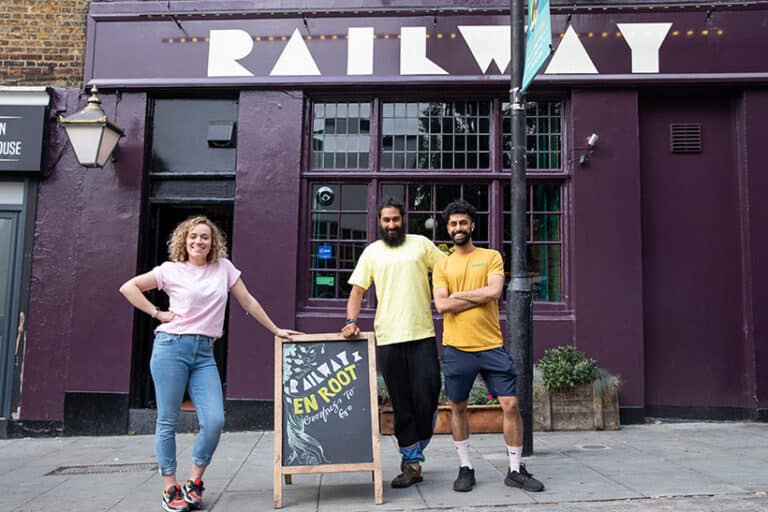From vegnews.com
The Food Empowerment Project has just launched a new resource dedicated to vegan Chinese food
In a timely celebration of the Mooncake Festival, vegan food justice organization Food Empowerment Project (FEP) has launched a website dedicated to vegan Chinese food. The website, VeganChineseFood.com, highlights Chinese cuisine that is devoid of animal ingredients while promoting the possibility of enjoying vegan dishes without compromising cultural heritage.
Inspired by FEP’s board member, Jessian Choy, Vegan Chinese Food is more than just a collection of recipes. It’s a platform designed to emphasize the power of our food choices and educate visitors about the historical and cultural aspects of veganism within Chinese communities.
Choy, an instrumental figure in this initiative, expressed her personal connection to the project. “Creating these recipes reunited me with family and traditions I felt disconnected from,” Choy said in a statement.
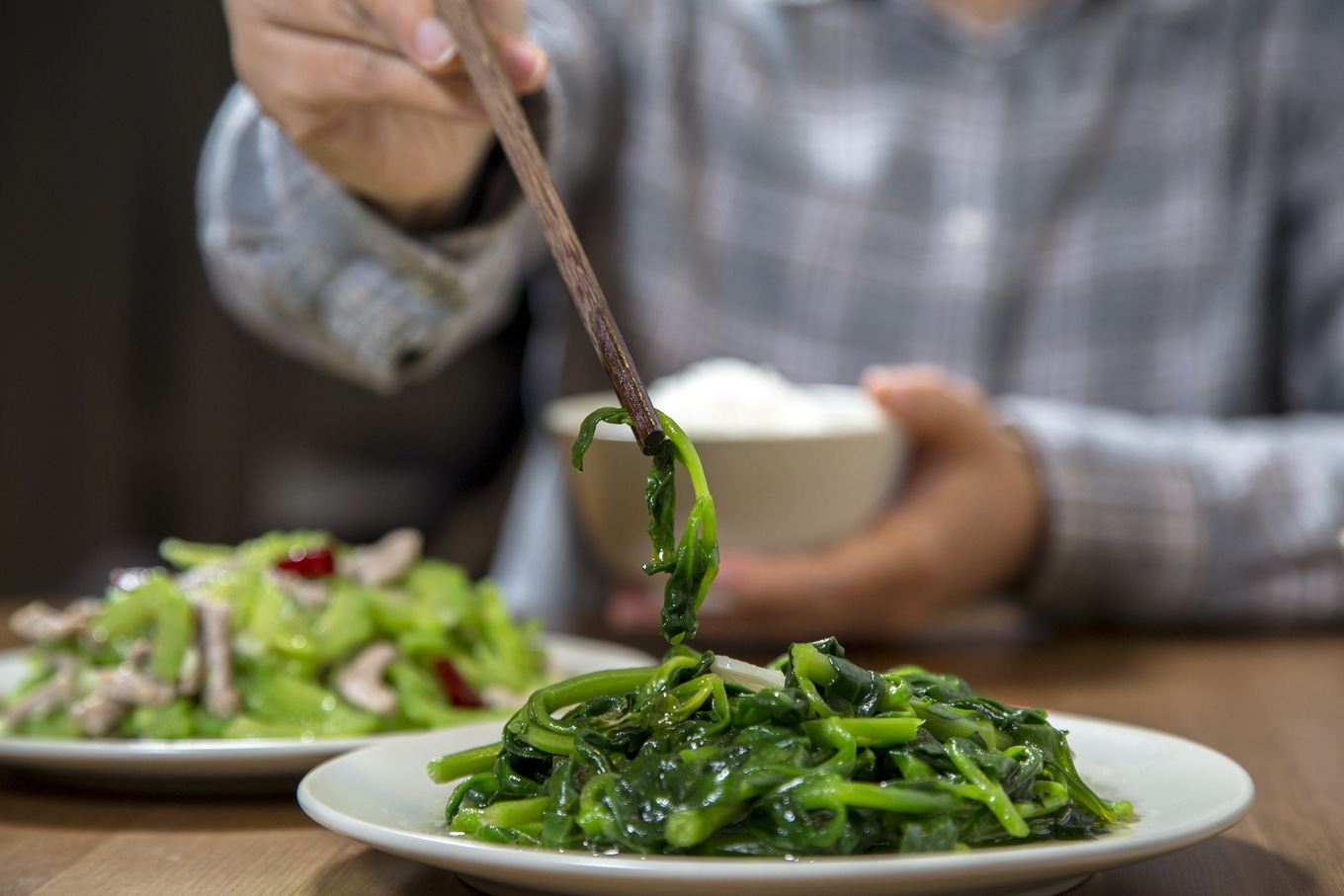 Getty
Getty
“It also meant a lot to me to share vegan recipes that match FEP’s mission to create a more compassionate society for animals and show others that they can still eat delicious vegan food without compromising their culture,” Choy adds.
Vegan Chinese recipes
VeganChineseFood.com boasts an array of more than a dozen vegan Chinese food recipes, encompassing a variety of dishes including entrées, soups, and desserts. From red yeast rice to rose-infused mooncakes, mugwort sticky rice, fermented black beans, mapo tofu, and potstickers, there’s something to tantalize every palate.
The site is designed to be a user-friendly resource for vegans, the vegan-curious, and the wider Chinese community. It aims to preserve traditional cultural dishes while eliminating animal ingredients, ensuring that everyone can savour their favourite flavours without contributing to animal suffering or exploitation.
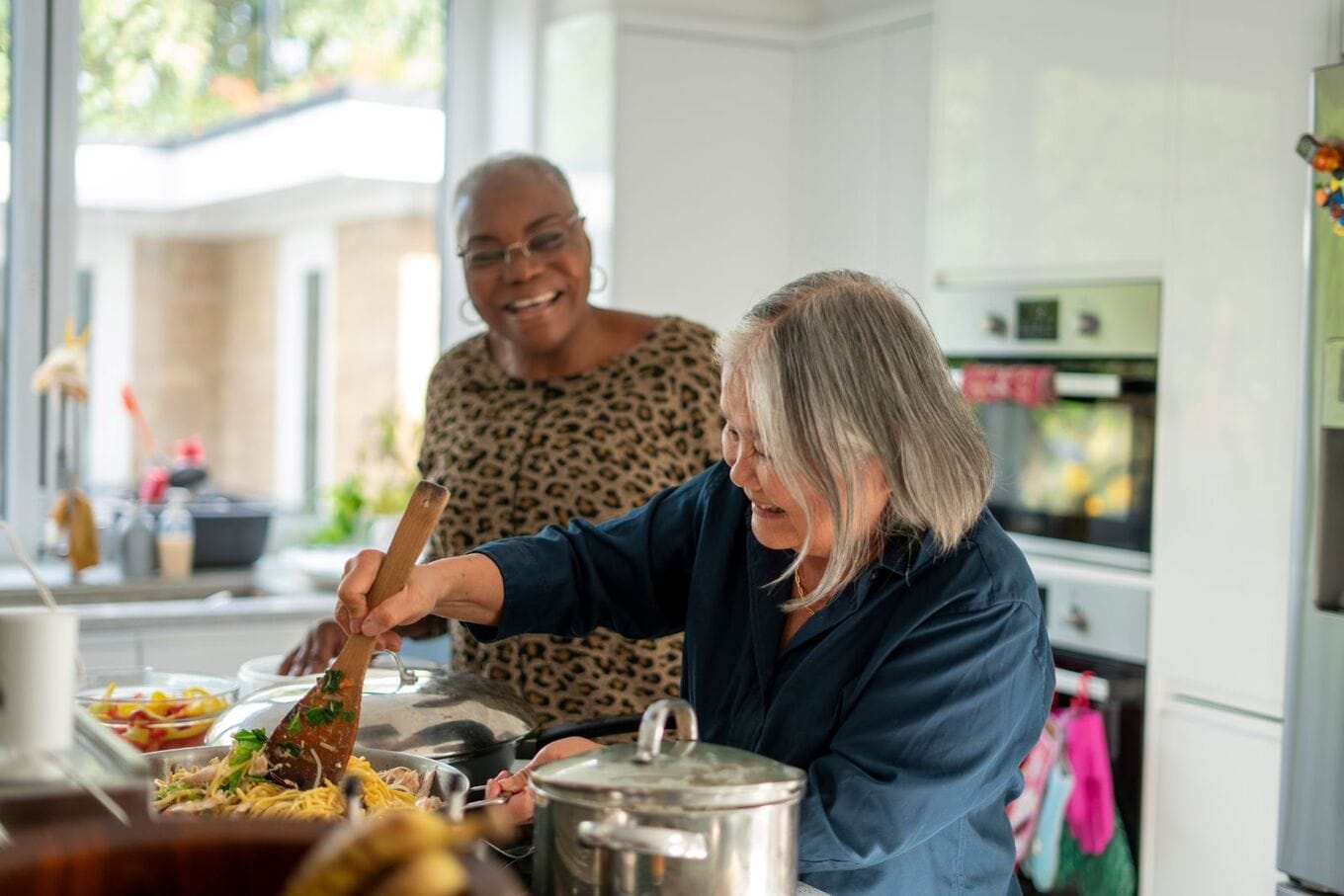 Adobe
Adobe
“Choy showed that even some very unique recipes in traditional Chinese medicine can be veganized,” Alejandra Tolley, FEP Communications Specialist, tells VegNews on behalf of the FEP team.
The VeganChineseFood.com website offers recipes in both English and simplified Chinese. FEP’s other recipe websites, including VeganMexicanFood.com, VeganFilipinoFood.com, and VeganLaoFood.com, continue to promote the organization’s mission of fostering compassionate eating choices.
“We believe it’s important to show ‘meat’-free food in any culture,” Tolley says. “It’s crucial for everyone to look at ‘meat’ alternatives because it’s important for the sake of the animals and a sustainable solution to the current climate crisis.”
China’s vegan food history
The website does not merely offer recipes but also delves into the historical context of veganism in Chinese culture.
Visitors can explore how Western imperialism played a role in introducing animal products to China during the mid-19th century, significantly altering dietary practices. Cow’s milk, for example, was first imported into China by Western merchants, ultimately influencing the nation’s dairy consumption patterns.
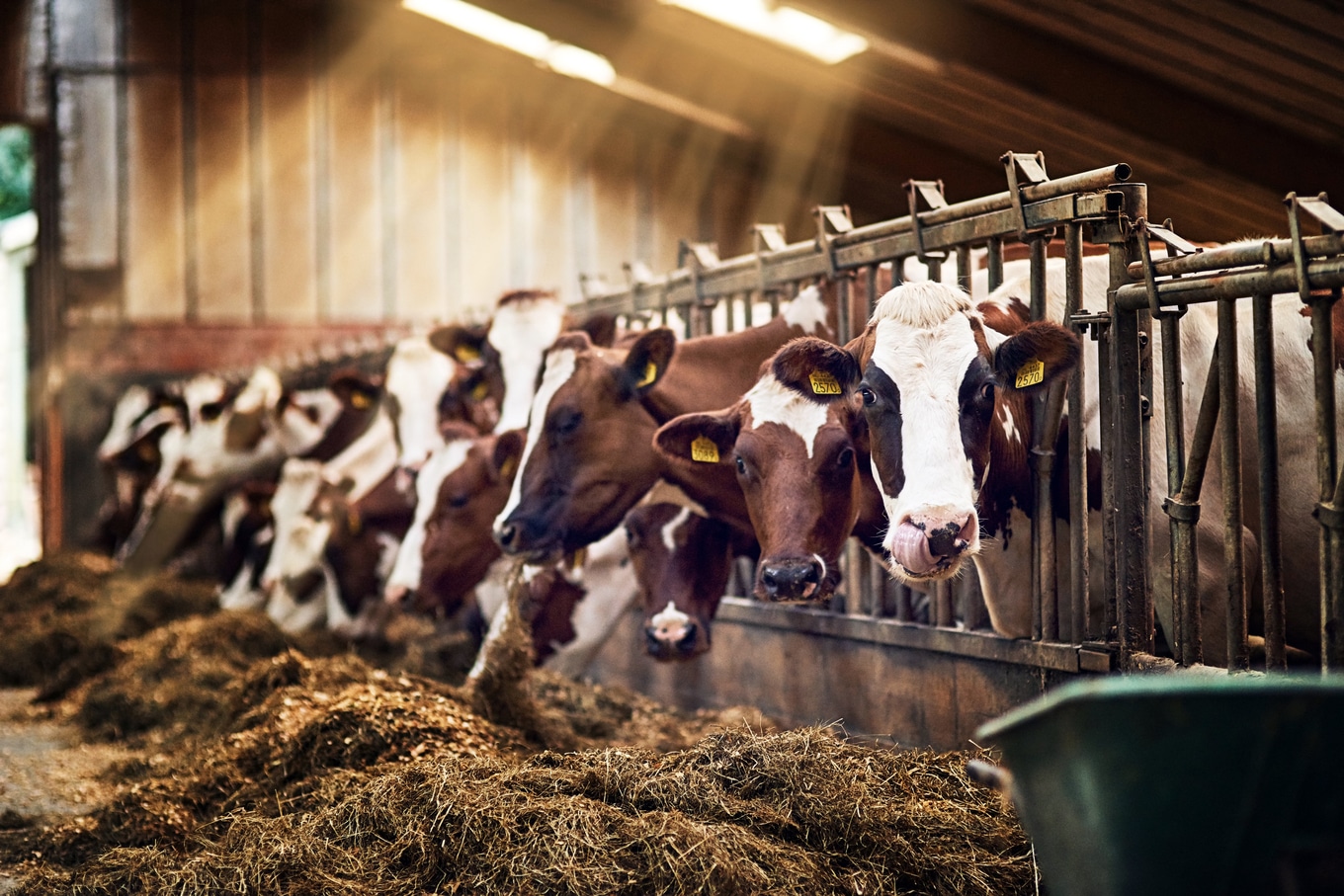 Getty
Getty
Despite this shift, a significant portion of the Chinese population still struggles to digest non-human animal milk, a fact that underscores the notion of “lactose normalcy.”
“Colonization, or even the overbearing influence of the West, is often minimalized,” Tolley says. “It is imperative that those of us who have been impacted ensure that we push back on foods that are not good for us, the planet, or the animals.”
“Historically, milk was not part of our ancestors’ diet. Today, we see many BIPOC individuals whose bodies have difficulty breaking it down,” Tolley says. “Because of this, we consider this lactose normal, unlike lactose ‘intolerant,’ which implies something is wrong with us.”
Many Chinese cultures and groups have embraced a compassionate approach to food by abstaining from animal products and by-products, the Vegan Chinese Food website notes. These groups include practitioners of Shaolin kung fu, most Mahayana Buddhists, and communities of Chinese women living in vegan houses for centuries to escape patriarchal and classist societies.
This practice reflects a deep-rooted respect for animals and aligns with the burgeoning trend of veganism in modern China.
The work of FEP
Veganism, as promoted by FEP, extends beyond excluding animal-based ingredients and encompasses the ethical consideration of how our food choices affect farm workers. The organization is dedicated to raising awareness about the labour conditions of produce workers and actively working towards supporting their rights through corporate, legislative, and regulatory advocacy.
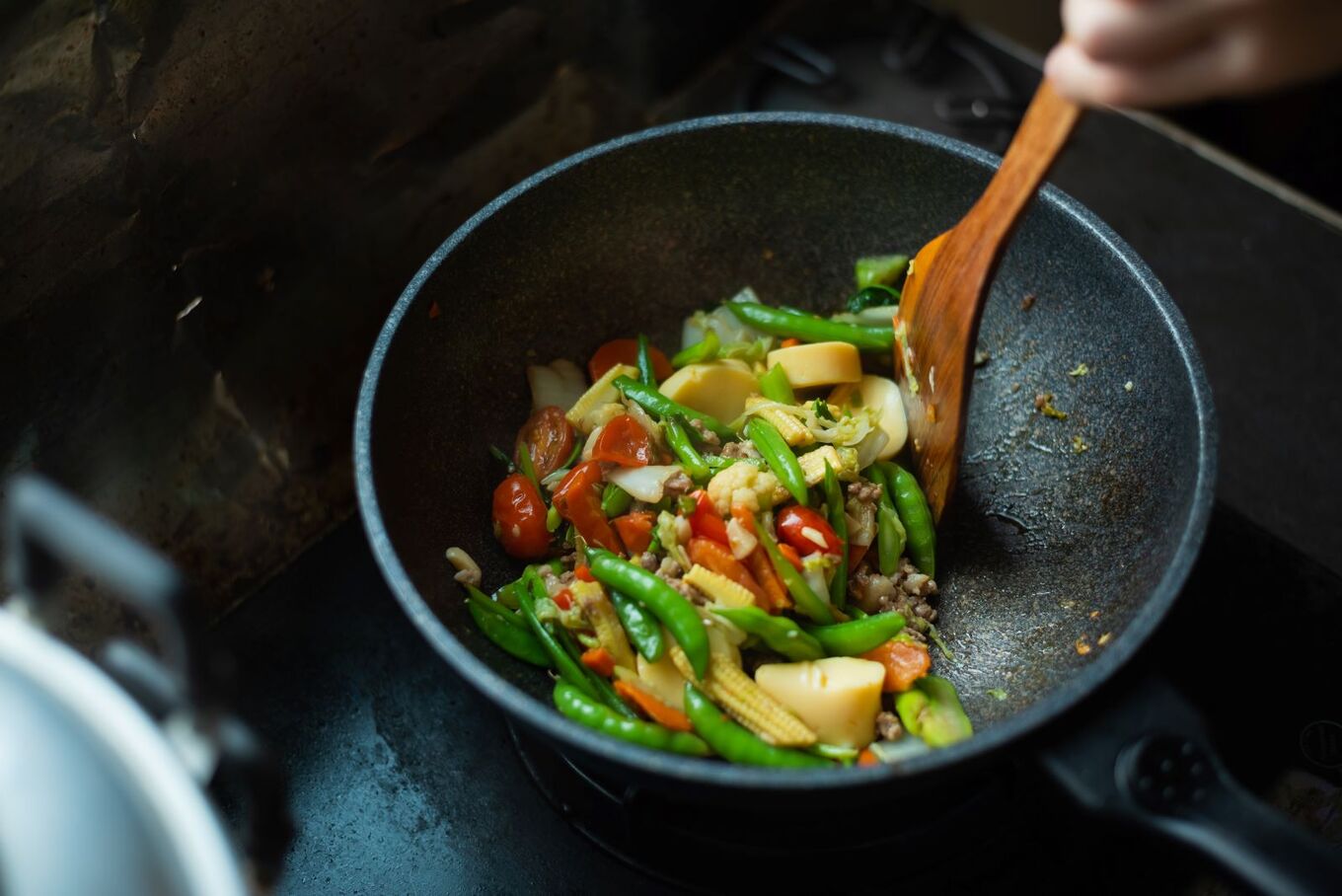 Adobe
Adobe
FEP’s activism covers four areas: veganism for the animals, farm workers’ rights, fighting food apartheid, and encouraging people not to buy chocolate where child labour and slavery are the most prevalent.
“We see all forms of oppression as interconnected and strive to create a more sustainable and compassionate future,” Tolley says. “We want more people, especially those with privilege, to understand that they have an opportunity to make a difference each time they eat to take a stand against cruelty and for justice locally and globally.”
